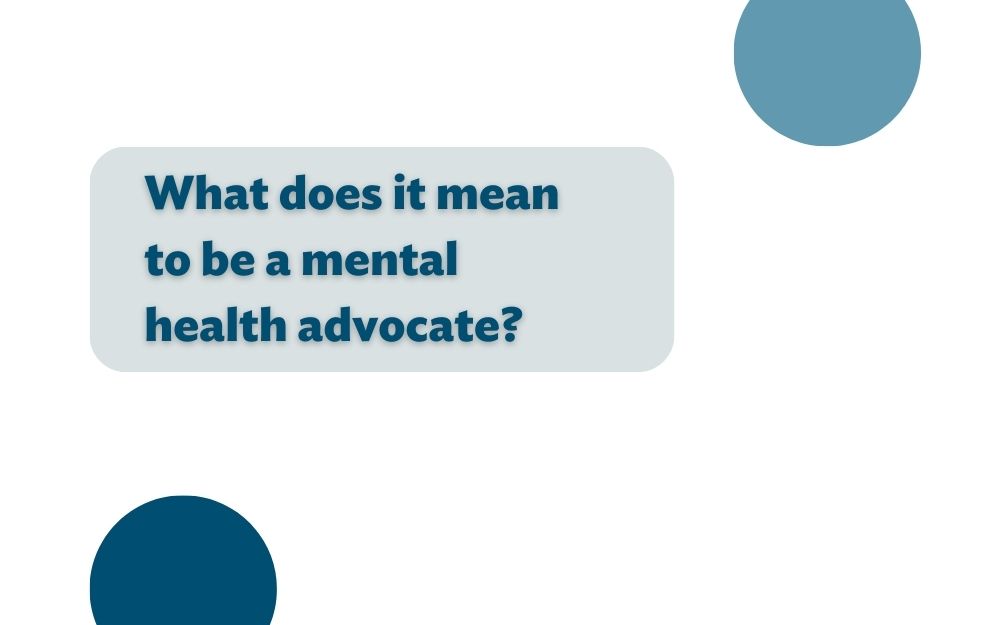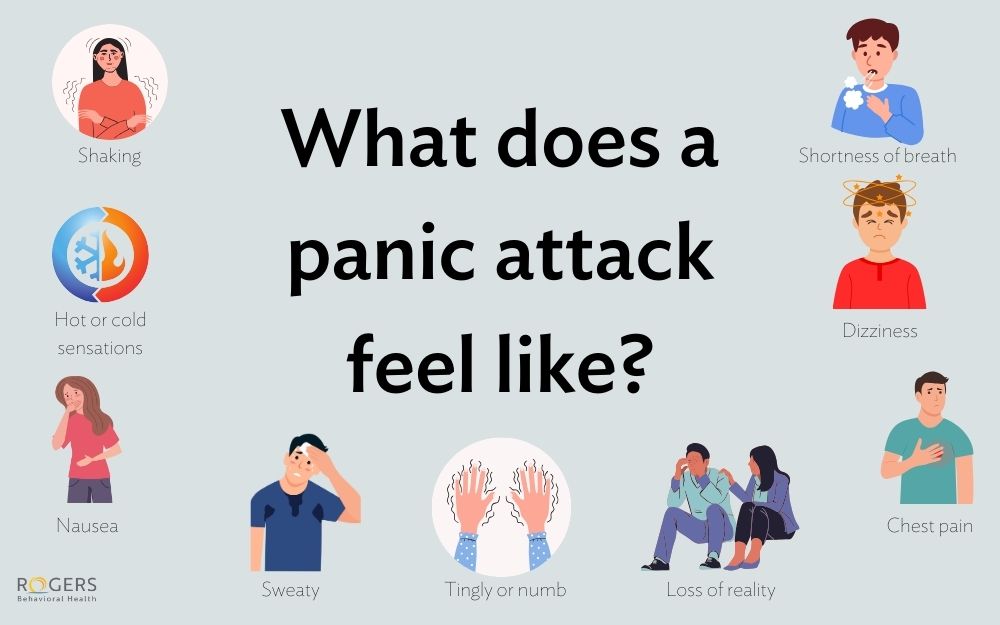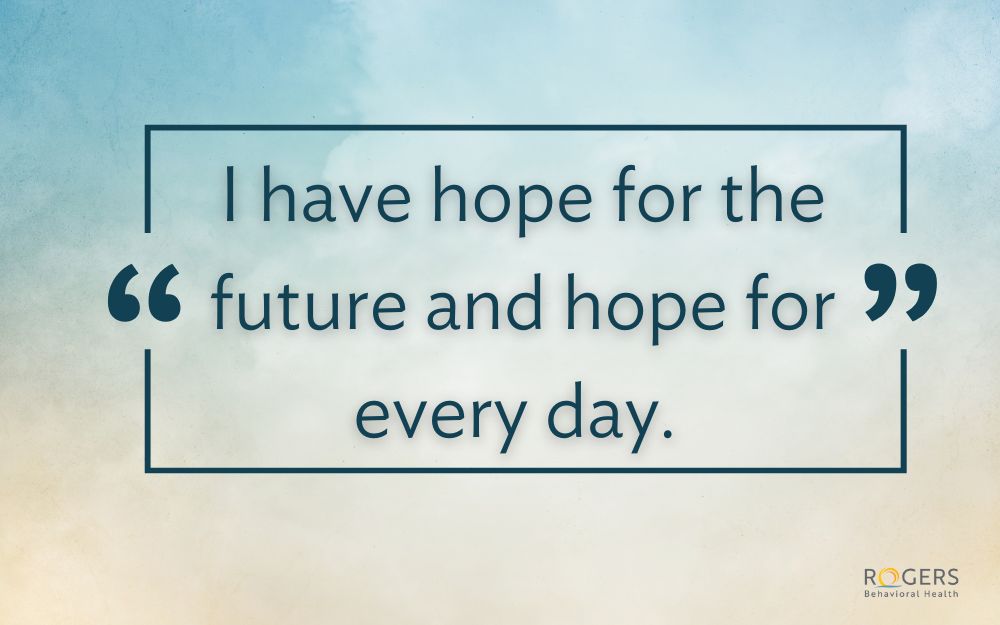May is Mental Health Month: What it means to be a mental health advocate and how to get involved
Posted on 05/24/23 03:24:pm
Share this article:
According to the National Institute of Mental Health, more than one in five U.S. adults live with a mental illness.
Every May, Rogers Behavioral Health joins the national movement to raise awareness of mental health and reduce stigma. Mental Health Month was established in 1949 by Mental Health America to increase awareness of the importance of mental health and wellness in America. Anyone can participate in the mission of Mental Health Month through advocacy.
What is mental health advocacy?
Mental health advocacy is based on understanding and empowering others. It involves speaking out about mental health issues, promoting awareness, fighting stigma, educating the public, and advocating for policies that support people affected by mental illness. There are several ways you can get involved as an advocate.
How can you become a mental health advocate?
The first step is to speak out with compassion, understanding, and empathy. You can also:
- Support someone who needs help by being nonjudgmental and helping them get connected to care.
- Share your own experiences.
- Work for a private or nonprofit organization that supports people who live with mental illness.
- Become a volunteer to help with homelessness, suicide prevention, sexual assault, and other mental health-related issues.
- Attend an awareness walk or another mental health event and bring a family member or friend.
- Educate others about mental illness to help reduce stigma and normalize that mental health is just as important as physical health.
- Encourage your local politicians to prioritize mental health to make it easier for people to access the care they need.
- Lobby for better mental health services and education.
Dos and don’ts:
When advocating for change, be mindful of how you communicate. When talking with legislators and community officials, don’t hover, interrupt, overstay, threaten, attack a legislator’s position, ridicule government or politics, or take a partisan stance. When talking to family and friends, be attentive and compassionate. Listen closely and affirm others.
If you are looking to get involved at the legislative level, do get to know your legislators in advance. Schedule an appointment, get to know their staff, respect the office and the person, and follow up with a thank you. Also, instead of asking officials to vote on something, let them know it’s a bill that you support. If it’s a bill that you are against, let them know that you urge caution.
Mental health advocacy builds a better life for all. It helps reduce stigma so that people do not feel ashamed, embarrassed, or alone when speaking out about mental health issues. It helps promote access to care and the need to continue to expand services.
If you or someone you know is struggling with mental health or addiction issues, consider getting involved in mental health advocacy. Together, we can fight stigma, educate the public, provide support, and advocate for policies that support people affected by mental illness. We can change the world!
Resources:
- Resources page on the Rogers Behavioral Health website
- National Alliance on Mental Illness (NAMI)
- Mental Health America (MHA)
- International OCD Foundation (IOCDF)
- American Society of Addiction Medicine (ASAM)
- National Eating Disorders Association (NEDA)



